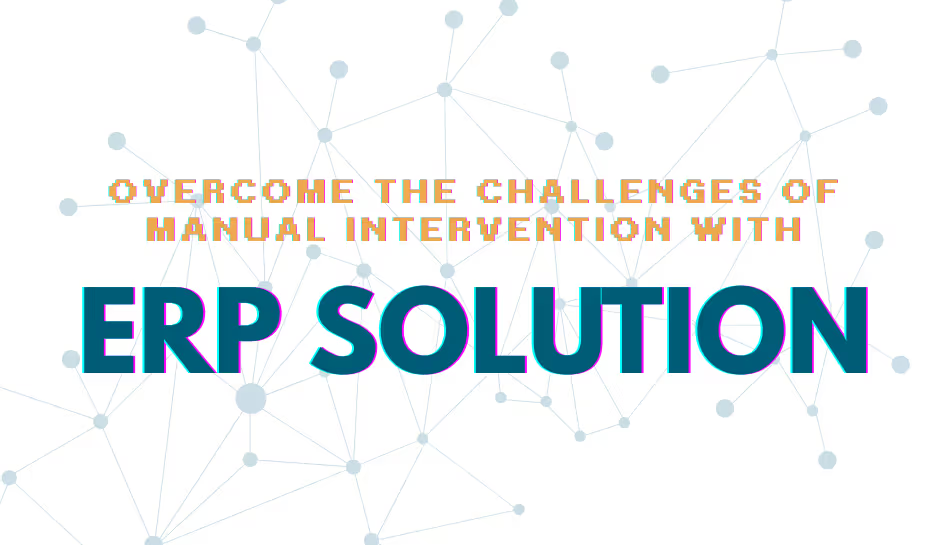The media and entertainment industry thrives on creativity, speed, and precision. From content creation to advertising, distribution, and financial management, the industry has countless moving parts that need to be coordinated seamlessly. This is where media ERP systems come into play. By 2026, implementing an ERP is no longer a “good-to-have” option, it’s essential for staying competitive. Let’s explore the advantages of using media ERP systems, why they matter, and the top benefits of media ERP solutions.
Streamlined Content Management
Media companies generate massive amounts of content, whether it’s for television, streaming platforms, or digital advertising. Tracking production schedules, budgets, and approvals manually can lead to inefficiencies and missed deadlines.
One of the biggest benefits of ERP for media content management is that it centralizes everything. Teams can plan, edit, approve, and distribute content from a single platform. With features like version tracking, digital asset management, and automated approval workflows, ERP ensures content is delivered faster and with fewer errors.
Better Financial Oversight
Budgeting is one of the most challenging tasks in the media industry. Expenses for talent, equipment, post-production, and promotions can quickly spiral out of control. ERP systems give finance teams real-time visibility into costs and revenue streams.
Among the top benefits of media ERP solutions is financial transparency. Media houses can track expenses by project, automate billing, and manage vendor payments. This ensures that budgets remain under control and profitability is safeguarded.
Enhanced Collaboration Across Teams
From creative professionals to sales teams and finance managers, multiple departments contribute to the success of a media project. Traditional communication methods often create silos, leading to delays and miscommunication.
The advantages of using media ERP systems include improved collaboration. ERP platforms integrate all departments into one ecosystem, allowing for instant information sharing. Whether it’s a director needing budget approvals or a sales executive tracking ad slots, everyone has access to the same real-time data.
Efficient Ad and Campaign Management
Advertising is a major revenue driver for media companies. However, managing ad slots, campaign schedules, and client billing manually is prone to errors. ERP solutions automate these processes.
The benefits of ERP for media content management also extend to advertising. With ERP, media companies can schedule ads more effectively, track campaign performance, and ensure accurate billing. This not only improves efficiency but also strengthens client relationships.
Scalability for Growth
As media businesses expand, adding new channels, digital platforms, or international projects, they need systems that can scale. ERP systems are built with scalability in mind, ensuring smooth operations even as complexity increases.
This scalability is among the top benefits of media ERP solutions, as it helps companies grow without worrying about operational bottlenecks.
Improved Compliance and Security
The media industry deals with sensitive contracts, licensing agreements, and copyright obligations. Losing track of these can result in legal disputes or financial penalties. ERP systems help maintain compliance by securely storing documents and providing automated reminders for renewals or obligations.
With robust data security, media businesses can also protect their intellectual property and client information.
Real-Time Reporting and Analytics
Decision-making in the media industry needs to be quick and data-driven. ERP systems offer real-time dashboards and analytics that provide insights into everything from production costs to campaign performance.
This empowers executives to make informed choices, pivot strategies when needed, and identify growth opportunities, all backed by accurate data.
Final Thoughts
The advantages of using media ERP systems are clear: centralized content management, financial control, better collaboration, and scalability. By offering these capabilities, ERP platforms eliminate inefficiencies and allow media professionals to focus on creativity and innovation.
For businesses seeking growth and stability in an increasingly competitive landscape, investing in ERP is no longer optional. The top benefits of media ERP solutions show that the right system is a powerful tool for content management, financial oversight, and long-term scalability.
Simply put, the benefits of ERP for media content management make it the ultimate partner for any media company looking to thrive in 2026 and beyond.



